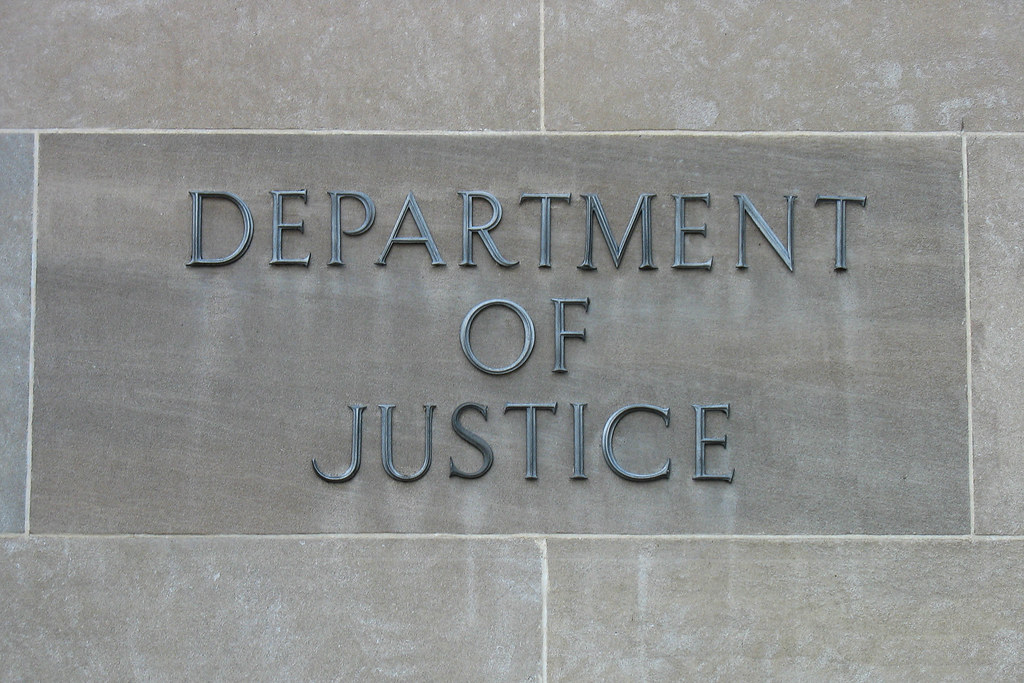
Gurtaran Johal is a student at Harvard Law School.
In today’s news and commentary, several companies dispute NLRB regional directors’ authority to make rulings while the Board lacks a quorum; the Department of Justice loses approximately 4,500 employees to the Trump Administration’s buyout offers; and a judge dismisses Columbia faculty’s lawsuit over the institution’s funding cuts.
Bloomberg Law reports that several employers are contesting the NLRB’s regional directors’ authority to render decisions on union representation while the Board lacks a quorum. Numerous companies are currently waiting for the Board to review regional directors’ decisions in union election cases. However, the Board cannot issue decisions regarding the regional directors’ decisions until it regains a quorum. Once it regains a quorum, the Board is unlikely to rule in favor of the companies, demonstrating that the companies are proposing this argument in order to bring their requests before the courts. If this argument is successful, the Board’s power in the absence of a quorum will be limited, impeding its ability to delegate power to regional directors. This argument is especially significant in the current context, after President Trump fired Board member Gwynne Wilcox in January.
Meanwhile, the Department of Justice lost approximately 4,500 staffers to the Trump Administration’s “Fork in the Road” deferred resignation program. The Trump Administration contends that these staffing cuts will result in an estimated $470 million in budgetary savings. The resignation program incentivizes employees to leave federal government service by offering payment through September; on the other hand, if they decide to stay in their positions, they could be fired. In February, Judge George O’Toole of the U.S. District Court for the District of Massachusetts ruled that the program could continue, after finding that the plaintiffs, who were several unions, lacked standing to bring suit and did not have the jurisdiction to stop the program. This is only the beginning of further planned reductions, as 1,500 positions in the FBI are set to be eliminated as well.
Lastly, on Monday, June 16th, Judge Mary Kay Vyskocil of the U.S. District Court for the Southern District of New York dismissed a lawsuit that two unions, the American Association of University Professors (AAUP) and the American Federation of Teachers (AFT), representing Columbia University faculty members brought forth suing the Trump administration for its funding cuts against the university. AAUP and AFT argued that the funding cuts represented an unlawful method to overpower Columbia’s “academic autonomy.” Despite this, Judge Vyskocil held that the unions lacked standing to sue, stating that Columbia, rather than the unions, should bring forth a case against the funding cuts. However, AAUP and AFT appealed the decision on the same day, emphasizing their commitment to protecting academic freedom.






Daily News & Commentary
Start your day with our roundup of the latest labor developments. See all
March 3
In today’s news and commentary, Texas dismantles their contracting program for minorities, NextEra settles an ERISA lawsuit, and Chipotle beats an age discrimination suit. Texas Acting Comptroller Kelly Hancock is being sued in state court for allegedly unlawfully dismantling the Historically Underutilized Business (HUB) program, a 1990s initiative signed by former Governor George W. Bush […]
March 2
Block lays off over 4,000 workers; H-1B fee data is revealed.
March 1
The NLRB officially rescinds the Biden-era standard for determining joint-employer status; the DOL proposes a rule that would rescind the Biden-era standard for determining independent contractor status; and Walmart pays $100 million for deceiving delivery drivers regarding wages and tips.
February 27
The Ninth Circuit allows Trump to dismantle certain government unions based on national security concerns; and the DOL set to focus enforcement on firms with “outsized market power.”
February 26
Workplace AI regulations proposed in Michigan; en banc D.C. Circuit hears oral argument in CFPB case; white police officers sue Philadelphia over DEI policy.
February 25
OSHA workplace inspections significantly drop in 2025; the Court denies a petition for certiorari to review a Minnesota law banning mandatory anti-union meetings at work; and the Court declines two petitions to determine whether Air Force service members should receive backpay as a result of religious challenges to the now-revoked COVID-19 vaccine mandate.